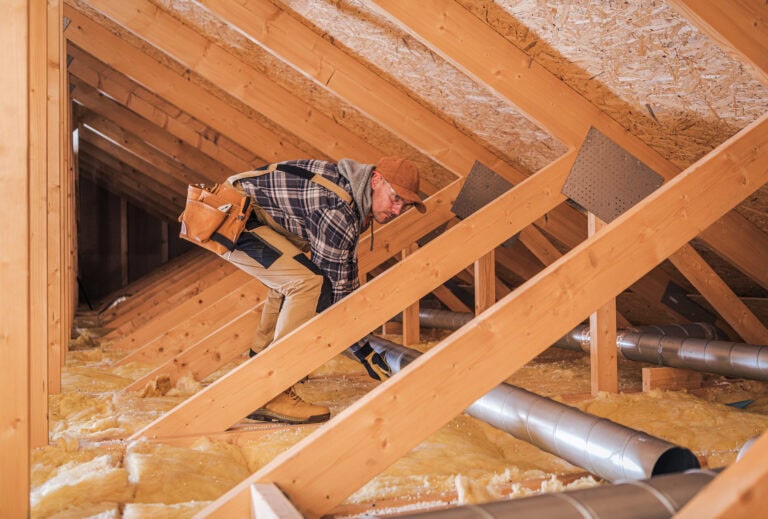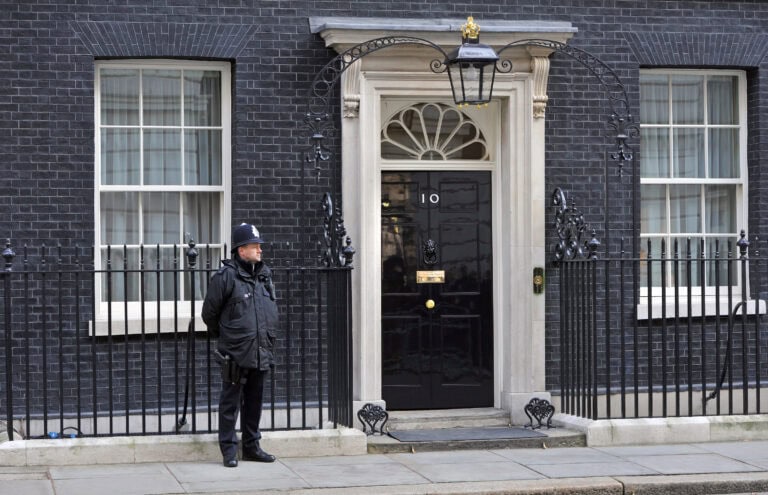Future Homes Standard

We’re still too often building homes connected to expensive polluting gas, with insufficient insulation to stop heat loss and lower energy costs, without solar panels, and not resilient to floods, drought and overheating.
The Future Homes and Building Standard was consulted on at the end of 2023, and was the chance to ensure every new building in Britain is part of the solution, not the problem.
At UKGBC, we know from some of our members that industry can already build to higher modern standards. Some developers are already routinely building homes that produce their own solar electricity, with better insulation and smart controls to reduce the pressure on our electricity grid at peak times. Our house builder members want standards that don’t allow others to undercut them with low quality developments. A truly net zero future standard for new homes and buildings is the only way to drive green investment, innovation and skills.

UKGBC’s consultation response
UKGBC was disappointed at the weak options set out by the consultation. Neither can be considered genuinely ‘future’ as many buildings in the UK are already built to a higher standard. Individual developers, many of which are our members, have invested years and millions of pounds developing skills, technologies and supply chains to deliver more. This is a huge missed opportunity. It brings continued uncertainty for our members and the sector, making investment planning impossible and creating bottle-necks of skills and supplies, which make the next phase of development more expensive than it needed to be.
UKGBC have proposed a pathway for a higher standard which would provide new homes which are comfortable to live in, affordable to run, and at the cutting edge of low- and zero-carbon. We are continuing to engage with policymakers to develop this standard. If you want to find out more, please email policy@ukgbc.org.

Download a copy of UKGBC’s joint letter to Government here
Joint Letter to Ministers – Future Homes and Buildings Standard
What does UKGBC recommend?
UKGBC has developed five tests for government policy in relation to future homes and buildings. These help policymakers develop the approaches that are both needed and practically deliverable by industry, so that the UK’s new homes and buildings will help the country keep bills lower as we transition to net zero, protect against our deteriorating climate and protect nature.

News
Future Homes Standard draft sets energy efficiency standards lower than many homes built today

Future Homes Standard is a golden opportunity to deliver zero-carbon, climate-resilient homes

The Energy Security Strategy – 5 key takeaways on home energy efficiency

UKGBC reacts to Future Buildings Standard Government Response & Part L Uplift


